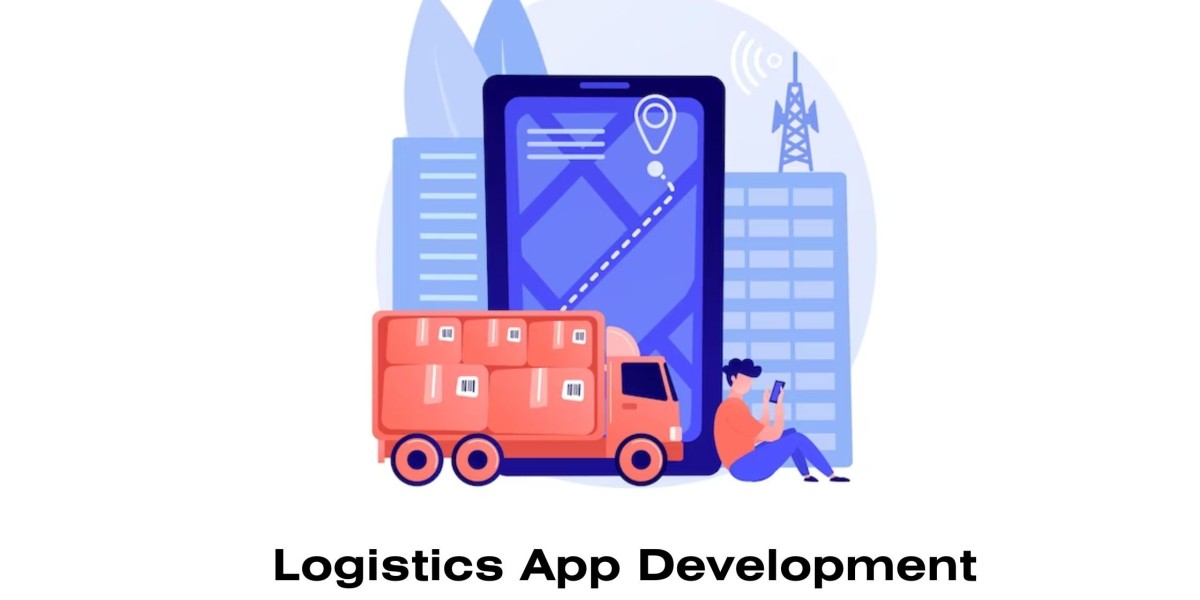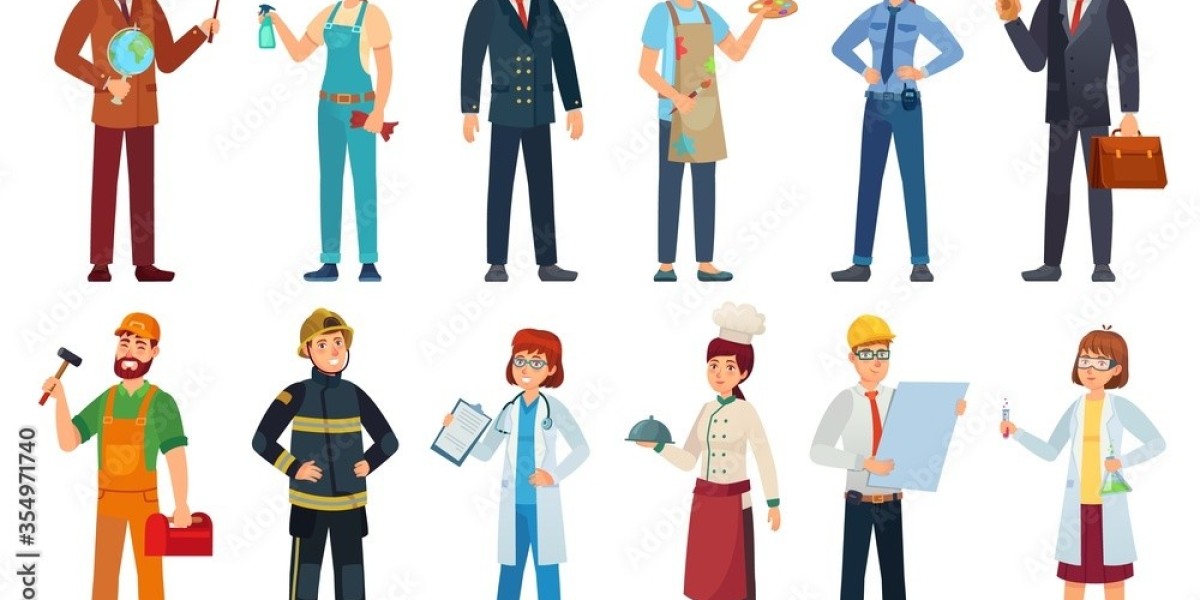Logistics is the backbone of how goods move from one place to another. With technology advancing rapidly, the logistics industry is changing too. One of the biggest drivers of this change is logistics app development. These apps are making shipping, tracking, and delivery faster, smarter, and more efficient. But what does the future hold for logistics apps? Let’s explore some key trends to watch.
1. Artificial Intelligence (AI) and Machine Learning (ML)
AI and ML are no longer just buzzwords—they’re transforming logistics apps. These technologies help predict demand, optimize routes, and even manage inventory. For example, an AI-powered app can analyze traffic patterns to suggest the fastest delivery route. In the future, we’ll see even smarter apps that can learn from past data to make better decisions.
2. Real-Time Tracking
Customers today want to know exactly where their package is at all times. Real-time tracking is becoming a must-have feature in logistics apps. With GPS and IoT (Internet of Things) devices, apps can provide live updates on shipments. This not only improves customer satisfaction but also helps companies manage their fleets better.
3. Automation and Robotics
Automation is making logistics faster and more cost-effective. Apps are now being integrated with robotic systems in warehouses to sort, pack, and load goods. In the future, we might see drones and self-driving vehicles managed entirely through logistics apps, making deliveries quicker and more efficient.
4. Blockchain for Transparency
Blockchain technology is gaining traction in logistics. It creates a secure, unchangeable record of every transaction or movement of goods. This means fewer errors, less fraud, and more trust between businesses and customers. Logistics apps using blockchain can provide complete transparency, from the factory to the customer’s doorstep.
5. Sustainability and Green Logistics
As the world becomes more eco-conscious, logistics apps are focusing on sustainability. Future apps will help companies reduce their carbon footprint by optimizing routes, using electric vehicles, and minimizing waste. Customers might even be able to choose “green delivery” options through these apps.
6. Enhanced User Experience
Logistics apps are becoming more user-friendly. Features like easy navigation, multilingual support, and chatbots for instant customer service are becoming standard. In the future, apps will likely use augmented reality (AR) to help warehouse workers locate items faster or assist drivers in finding delivery points.
7. Data Analytics for Smarter Decisions
Data is king in logistics. Apps are now using advanced analytics to provide insights into delivery performance, customer behavior, and operational efficiency. In the future, these analytics will become even more powerful, helping businesses make data-driven decisions to improve their services.
8. Last-Mile Delivery Solutions
Last-mile delivery—the final step of getting a product to the customer—is often the most challenging. Logistics apps are focusing on solving this problem with features like crowd-sourced delivery, where local drivers can pick up and drop off packages. This trend is expected to grow, making last-mile delivery faster and more flexible.
9. Integration with Other Technologies
Logistics apps are no longer standalone tools. They’re integrating with other technologies like ERP (Enterprise Resource Planning) systems, e-commerce platforms, and even smart home devices. This seamless integration ensures smoother operations and better customer experiences.
10. Focus on Security
With so much sensitive data being handled, security is a top priority. Future logistics apps will use advanced encryption and cybersecurity measures to protect customer information and prevent breaches. This will build trust and ensure the safe handling of goods and data.
Conclusion
The future of logistics and transport is being reshaped by technology, and logistics app development companies are at the forefront of this transformation. From AI-powered route optimization to real-time tracking, blockchain transparency, and sustainable delivery solutions, these companies are creating innovative apps that streamline operations and enhance customer experiences.
As the demand for faster, smarter, and eco-friendly logistics grows, partnering with a reliable transport and logistics app development company can give businesses a competitive edge. These companies are not just building apps—they’re crafting solutions that solve real-world challenges, improve efficiency, and drive growth in the logistics industry.








